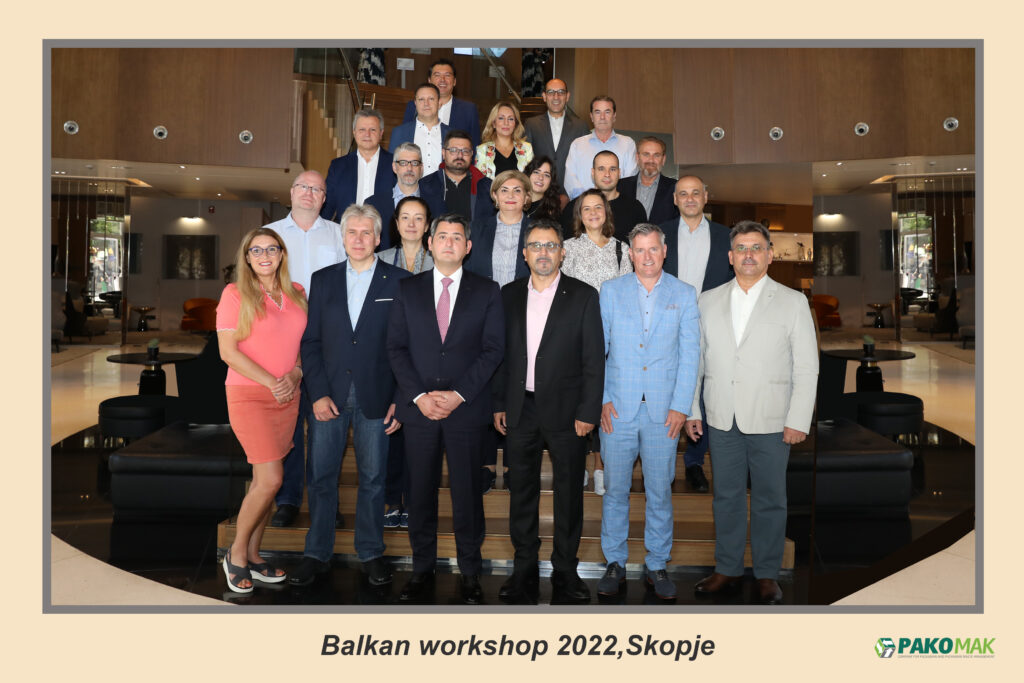A truly holistic approach to advancing sustainability and achieving our vision of zero steel packaging to landfill by 2025, means engaging with waste management stakeholders across Europe.
There is clear commitment for increasing separate collection, sorting and recycling in Central and South-Eastern European countries, where APEAL was invited to share steel best practices at October’s annual Balkans EPR event.
 Extended Producer Responsibility (EPR) schemes of the Balkan region meet annually to discuss the collection, sorting and recycling of packaging waste in their respective countries. North-Macedonia, Romania, Türkiye, Serbia, Bulgaria, Bosnia and Herzegovina, Greece, Czechia and Hungary participated in the discussions covering current and future legislation, and how to increase recycling rates for packaging.
Extended Producer Responsibility (EPR) schemes of the Balkan region meet annually to discuss the collection, sorting and recycling of packaging waste in their respective countries. North-Macedonia, Romania, Türkiye, Serbia, Bulgaria, Bosnia and Herzegovina, Greece, Czechia and Hungary participated in the discussions covering current and future legislation, and how to increase recycling rates for packaging.
APEAL’s Sustainability and Circular Economy Officer, Steve Claus, was invited to this year’s event in North Macedonia, to present our latest recycling report Why Steel Recycles Forever and share APEAL’s policy recommendations for closing the loop on steel packaging recycling in Europe.
The event was opened by North Macedonia Minister of Environment, Mr. Naser Nuredini. He emphasised the importance of widening access to separate collection across the region through increasing infrastructure and investment, whilst also phasing-out usage of certain plastic packaging (e.g., plastic carrier bags), supporting EPR-schemes and decreasing landfill.
For whilst the European average has reached 85,5%, recycling rates in Central and South-Eastern Europe are generally lower because separate collection and automated sorting are not yet widely-applied.
But for those with more advanced collection and sorting systems, the benefits are clear. In Czechia for example, where the 2020 steel recycling rate is 83%, the country is already prepared for an eco-modulation system with differentiation between steel and aluminium packaging, following the new split metal targets required by the circular economy action plan. The good news for steel?
But for those with more advanced collection and sorting systems, the benefits are clear. In Czechia for example, where the 2020 steel recycling rate is 83%, the country is already prepared for an eco-modulation system with differentiation between steel and aluminium packaging, following the new split metal targets required by the circular economy action plan. The good news for steel? According to the new calculation point method (whereby tonnages at the entrance of the recycling facility are declared rather than collected or sorted tonnages) the recycling rate for steel is expected to stay at 81%…
